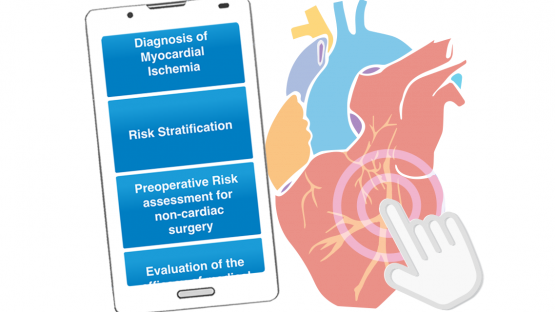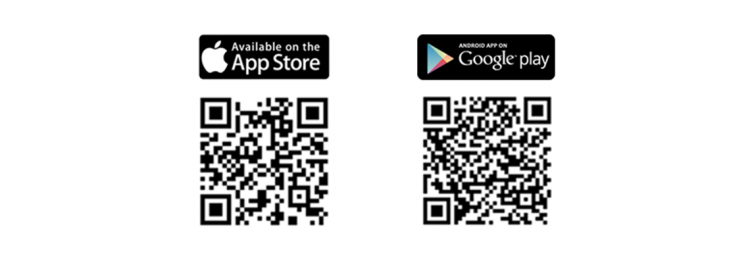The app, which is called NUCARD, first gives clinicians a range of thematic areas to choose from – diagnosis of cardiovascular diseases, risk assessment for surgery and evaluation of chemotherapy-related complications to name a few. Clinicians then input symptoms and conditions specific to the patient being treated. The app uses this information along with international guidelines such as those from the American Heart Association or the European Society of Cardiology to determine whether or not a certain test or treatment would be appropriate.
According to the World Health Organization, more than 38 million deaths each year are from non-communicable diseases, with cardiovascular disease accounting for approximately 17.5 million of these deaths.
“One of the key elements to the appropriate use of nuclear techniques is the physician’s ability to select the best choice of treatment for their patient,” said Paez. For this reason, the IAEA, in cooperation with the Working Group on Nuclear Cardiology of the Italian Society of Nuclear Medicine, has developed a web-based app to assess the appropriate use of nuclear medicine and help health professionals identify the best treatment option for their patient.
In addition to being one of the decision-making tools for physicians, particularly nuclear cardiologists, the app can also be used as an education tool for training professionals in the field, added Paez.
In addition to the launch of the smartphone app on the appropriate use of nuclear cardiology techniques in cardiovascular diseases, today’s General Conference side event covered topics such as the global burden of cardiovascular diseases, the role of nutrition and diagnostic imaging in preventing and managing cardiovascular diseases and the IAEA’s support to Member States in this area.







